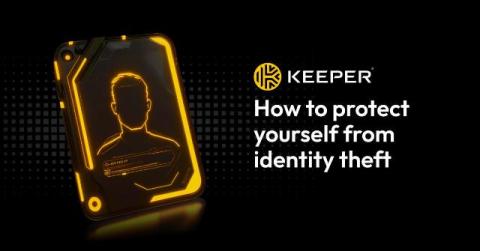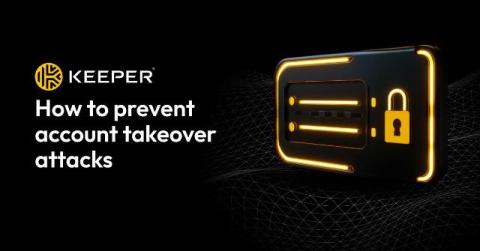What Happens if You Call Back a Spam Number?
If you answer a spam call, you might start receiving more spam and scam calls, become a victim of SIM card swapping or get your phone number spoofed. Based on Truecaller’s findings, from July 2023 to July 2024, Americans collectively spent approximately 234,000,000 hours answering spam calls. While not every spam call is intended to deceive you like a scam call, receiving unwanted phone calls from persistent telemarketers can quickly become annoying.











